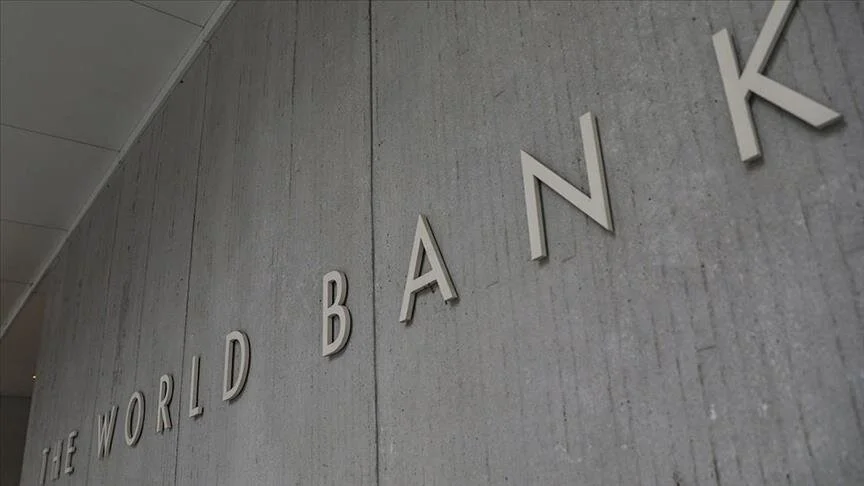The World Bank Board approved a pioneering $2 billion initiative to enhance energy security and affordability by scaling up renewable energy in emerging and developing economies in Europe and Central Asia, the bank announced on Monday.
The Europe and Central Asia Renewable Energy Scale-up (ECARES) program is a 10-year, multi-phased initiative that aims to enable, in the first phase, the addition of 15 gigawatts (GW) of renewable energy capacity.
‘The 15 GW is enough to charge 650 million electric cars every year and reduce 240 million metric tons of carbon emissions (equivalent to avoiding the combustion of 100 billion liters of gasoline),’ the statement read.
By financing enabling policies and institutional frameworks, grid integration, and providing financing and risk-mitigating solutions, the initiative will also contribute to the countries’ efforts to accelerate the clean energy transition, decarbonize their economies and improve their competitiveness in global trade markets.
Furthermore, it is anticipated that the program will leverage $6 billion in financing from the private sector.
The first project under the ECARES initiative, also approved by the World Bank Board on Monday, is a $657 million financing facility for the Accelerating the Market Transition for Distributed Energy project in Türkiye, in support of the country’s goal of adding 60 GW of solar and wind power by 2035.
Commenting on the support, Antonella Bassani, World Bank vice president for Europe and Central Asia, said a new approach is necessary to support these countries in ramping up their renewable energy capacity, which will contribute to the energy transition in the region.
The Türkiye Accelerating the Market Transition for Distributed Energy project will focus on expanding the distributed solar energy market for end-users such as businesses and households and piloting distributed battery electricity storage to increase renewable energy.
Although the country has succeeded in tripling renewable energy in the past decade, further work is required for Türkiye to reach net zero emissions by 2053.
Humberto Lopez, World Bank Country Director for Türkiye, commented that the country has recently committed to one of the most ambitious programs on energy transition seen in emerging market countries.

